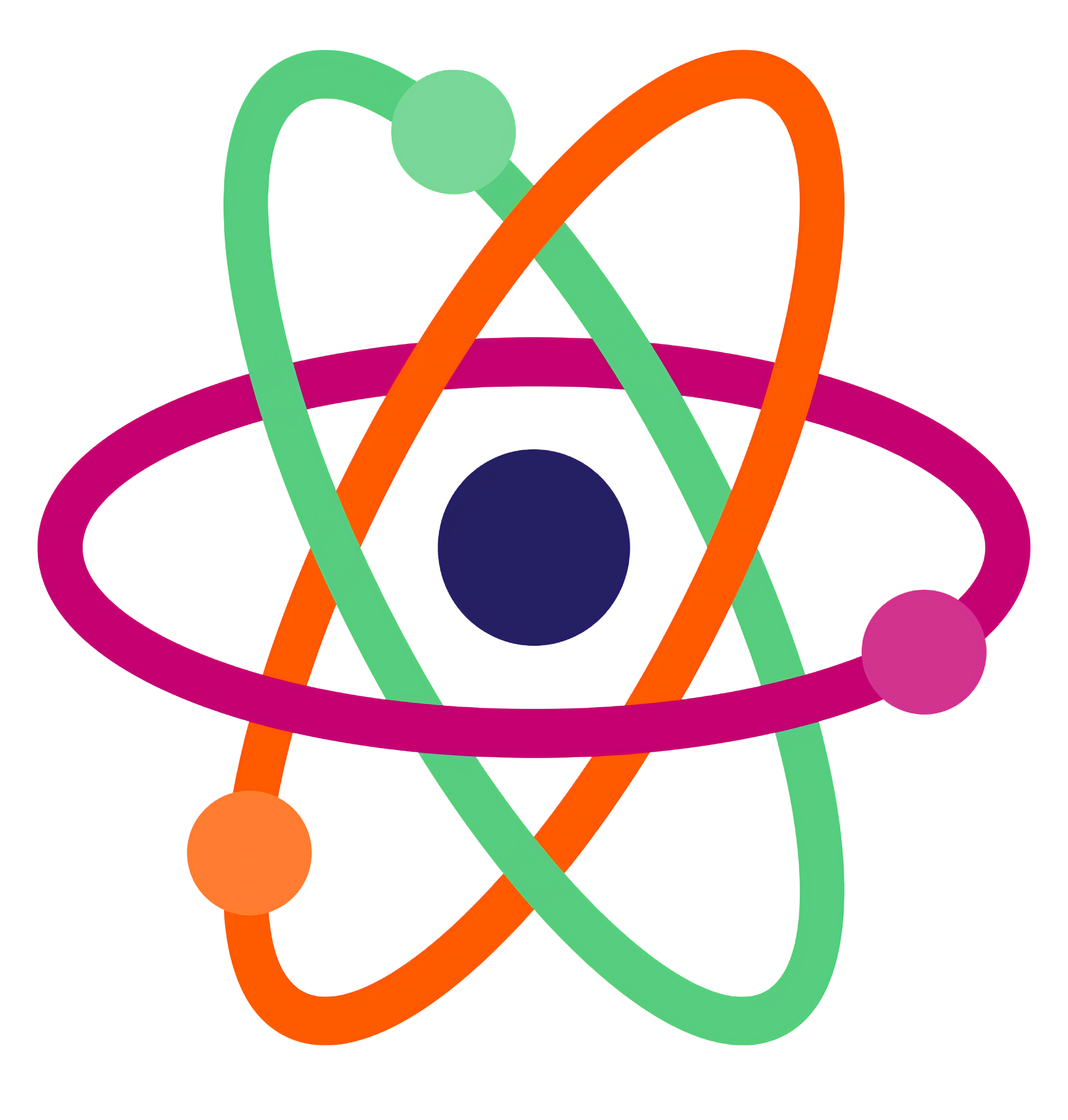Lesson Plan
Class: 6
Subject: Science
Chapter: 1 – The Wonderful World of Science
Duration: 2 Weeks (10 periods – 40 minutes each)
General Objectives
Students will be able to:
- Understand what science is and how it relates to daily life.
- Recognize and use basic scientific skills: observation, questioning, reasoning.
- Appreciate the work of scientists (including women scientists).
- Perform and reflect on simple science activities.
🗓️ WEEK 1
Day 1: Introduction to Science
Topic: What is Science?
Learning Objectives:
- Define science in their own words.
- Give examples of science in everyday life.
Teaching Strategy:
- Begin with open-ended questions: “What is science to you?”
- Use the chalkboard to collect responses.
- Explain science as observation, exploration, and experimentation.
Activities:
- Group discussion: List 5 examples where science is used in daily life (e.g., cooking, electricity, fan, phone, soap).
- Students write “What I think science is” in their notebook.
Materials:
- Chalkboard, chart paper
Day 2: Science in Daily Life
Topic: Applications of Science
Learning Objectives:
- Identify how science is used in common household and school items.
Activities:
- Observation Task: Give students an “Everyday Science” worksheet. Ask them to observe five objects at home/school and note how science helps them function.
Example: Torch – Electricity, light, battery
Assessment:
- Check worksheet entries for relevance and accuracy.
Day 3: Asking Questions – The Heart of Science
Topic: Scientific Curiosity
Learning Objectives:
- Frame meaningful scientific questions.
Activities:
- Show a simple object (like a balloon, pencil, or magnet).
- Ask: “What questions come to your mind?” Encourage responses like “Why does a balloon float?”, “Why do magnets attract?”
Group Work:
- In groups, students pick one object and write 2–3 scientific questions.
Materials:
- Ball, magnet, water bottle, torch, chart paper
Day 4: Observation & Experimenting
Topic: Developing Scientific Skills
Learning Objectives:
- Understand how to observe and record findings.
Activity: Simple Experiment
- Title: “Does an egg float in salt water?”
- Two glasses: one with plain water, one with salt water. Drop an egg in both.
- Students observe and record results.
Discussion:
- Why did the egg float in salt water? What does it mean?
Materials:
- 2 glasses, water, salt, egg, spoon
Day 5: Scientific Method
Topic: The Steps in Scientific Inquiry
Learning Objectives:
- Learn the 5 steps: Observation, Hypothesis, Experiment, Result, Conclusion
Activities:
- Teacher explains each step with a simple example (e.g., “Why do wet clothes dry?”)
- Students create a flowchart showing steps of scientific method.
Materials:
- Flowchart handout, colored pens
🗓️ WEEK 2
Day 6: Scientists Who Changed the World
Topic: Famous Scientists
Learning Objectives:
- Learn about contributions of scientists like Galileo, Newton, Einstein, C.V. Raman, and J.C. Bose.
Activity:
- Match-the-name game: Scientist – Discovery (e.g., Newton – Gravity)
- Short videos or story reading on 2 scientists
Assessment:
- 3-line biography writing task on one scientist
Materials:
- Flashcards, storybook/video clips
Day 7: Women in Science
Topic: Role of Women in Science
Learning Objectives:
- Learn about Kalpana Chawla, Sunita Williams, Tessy Thomas, etc.
- Understand importance of diversity in science
Activities:
- Poster-making in groups: “Women Who Made Science Shine”
- Presentation of posters
Materials:
- Poster paper, pictures, colored pens
Day 8: DIY Science Activity
Topic: Hands-on Science
Learning Objectives:
- Perform a simple science activity and explain it
Activity Options:
- Make a sundial using a stick and shadow
- Make a balloon rocket using string and straw
Follow-up:
- Students write: What did I observe? Why did it happen?
Materials:
- Straw, balloon, tape, string OR stick and paper for sundial
Day 9: Review and Recap
Topic: Revision
Activities:
- Quiz Game (divided into 2 teams): Questions based on concepts covered
- Concept map: “What is Science?” drawn in notebooks
Assessment:
- Each student adds branches to their concept map with examples
Materials:
- Quiz sheet, prize stars
Day 10: Assessment and Reflection
Topic: Final Assessment
Activities:
- Short test:
- 5 MCQs (e.g., What does a scientist do?)
- 3 short questions (e.g., Name one woman scientist and her contribution)
- Reflection writing: "How will I use science in my life?"
Assessment Criteria:
- Accuracy in test
- Creativity in reflection
📝 Assessment Methods
- Worksheets and Flowcharts
- Group poster and concept map
- Participation in activities
- Quiz performance
- Written test and reflection
🎯 Learning Outcomes
By the end of two weeks, students will be able to:
- Define science and explain its use in daily life.
- Frame and explore questions scientifically.
- Recognize scientists and their contributions.
- Perform simple scientific experiments.
- Develop a sense of inquiry and observation.
